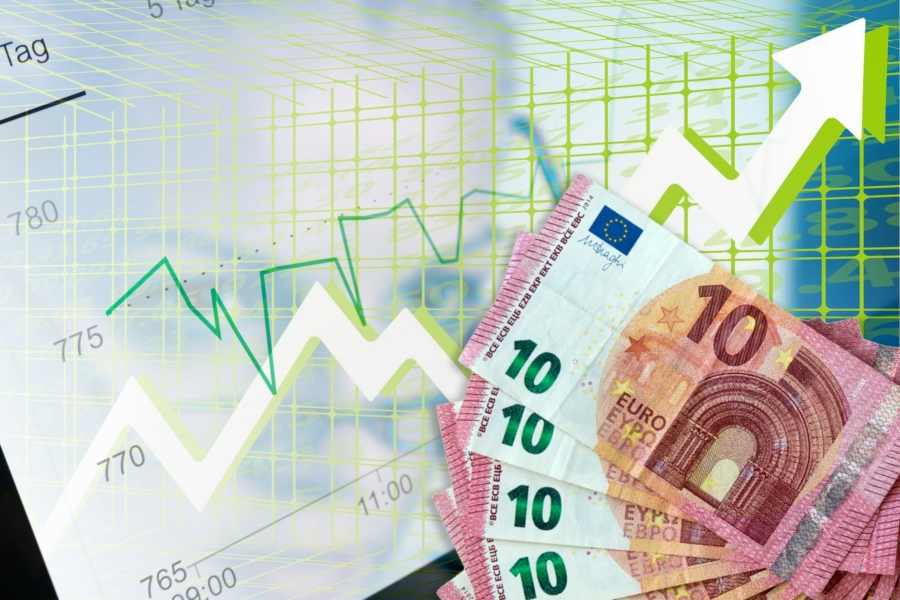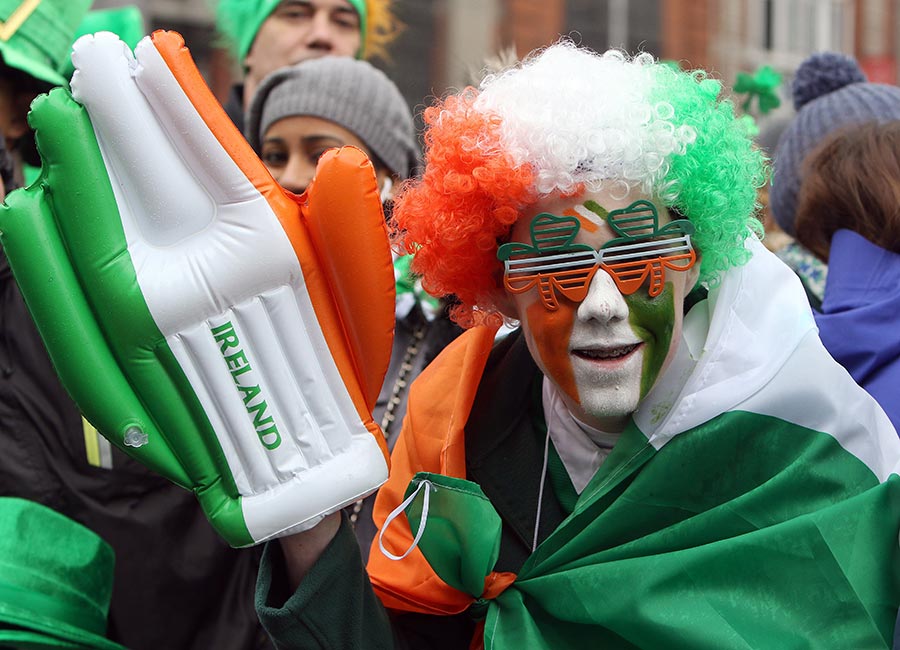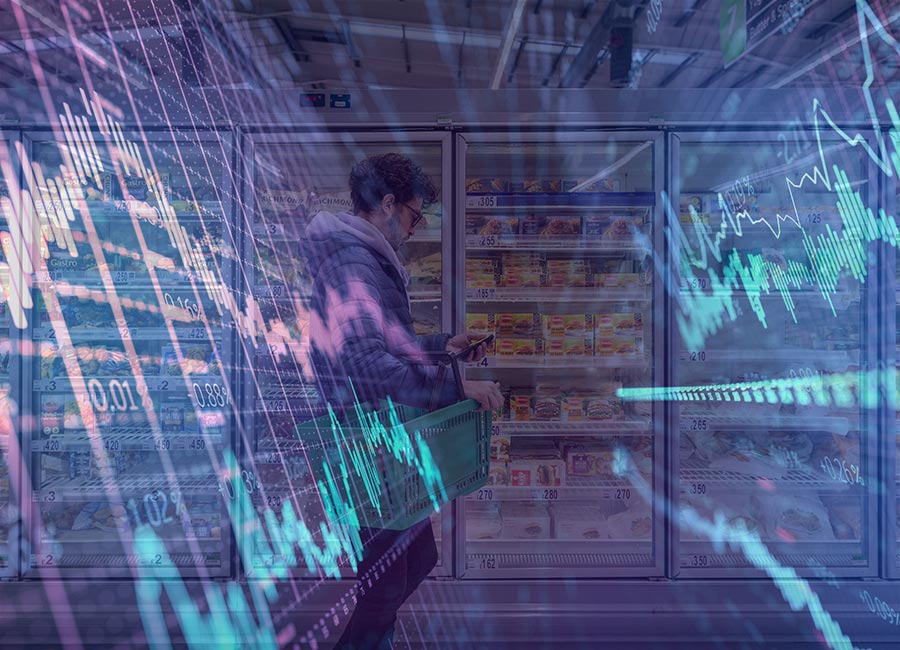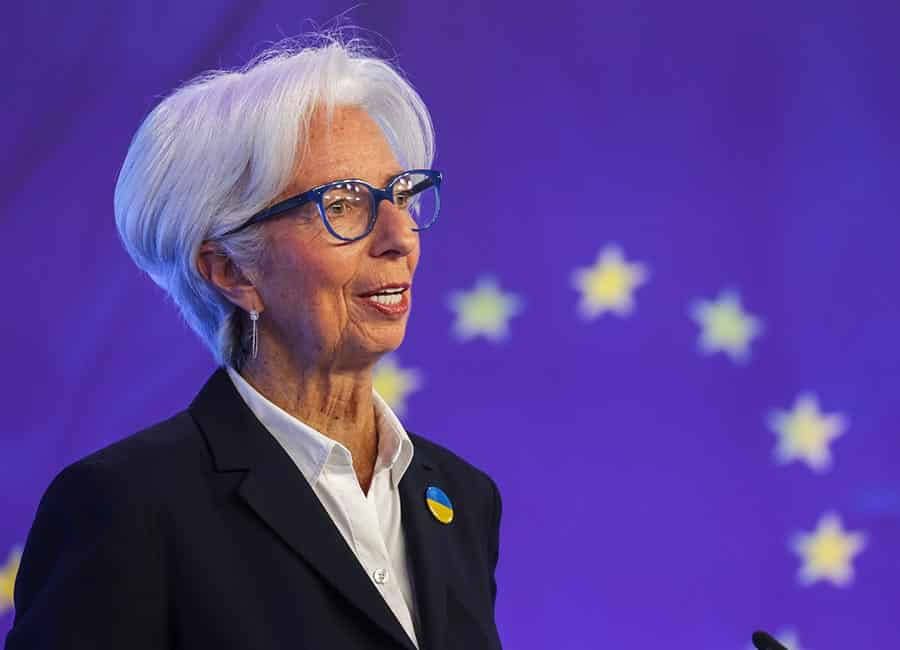Economists have warned that a dip in inflation in January, the first decline measured by the Central Statistics Office's (CSO) monthly Consumer Prince Index since July, is the result of post-Christmas sales and likely to be short-lived.
Inflation dropped to 5.0% in the 12 months to the end of January from 5.5% in December, with prices having been rising on an annual basis since April and annualised inflation topping 5% every month since October.
The price of transport (+14.1%), housing, water, electricity, gas and other fuels (+12%), and alcoholic beverages and tobacco (+8.4%) has risen fastest in the past year, reflecting the increasing cost of petrol (+29.5%), diesel (+32%) and airfares (+26.7%), gas (+27.7%) and home heating oil (+50.1%).
National average price statistics also released by the CSO show petrol and diesel have gone up by 40.7 cent and 42.3 cent per litre, respectively, while the price of stock items such as white slice pan (+10 cent), butter (+12c), tea bags (+5.2c) and pints of stout (+6.1c) and larger (4.9c) have increased year-on-year.
Clothing and footwear (-3.7%) and miscellaneous goods and services (-0.8%) were the only categories to see prices fall year-on-year.
"Consumer prices in January decreased by 0.4% in the month. This is the first monthly decrease following 14 months of rising prices, which was the longest consecutive sequence of month-on-month inflation since the monthly CPI series began in 1997," said Colin Cotter, CSO statistician.
Austin Hughes, chief economist at KBC Bank Ireland, said inflation should pick up again in the coming months, driven by unpredictable energy prices, and that the slight respite experienced in Ireland last month was not experienced in most other countries.

"With energy prices remaining elevated and upside risks to the outlook for food and many other prices, it seems that Irish inflation could run somewhat hotter in the next few months. As a result, inflation is likely to be close to 5% per cent for 2022 as a whole," said Hughes.
"This would mark the fastest full year outturn since 2007 (+4.9%). More importantly, it will likely be about double the 2021 inflation rate of 2.4% and altogether at odds with the 0.3% annual average increase in Irish consumer prices through the preceding five years.
"Not surprisingly, the scale and suddenness of this inflation shock has made it a key economic and social concern."
Hughes also warned the government against trying to insulate the economy from the global wave of inflation, which he characterised as a side effect of the supply chain issues over the past year, saying that such efforts could cause economic and social difficulties not seen since the 70s and 80s.
"Not to intervene may also increase materially the risk of a damaging wage-price spiral," he added. "In these circumstances, it may be economically and socially desirable to implement further targeted interventions in coming months depending on the evolution of energy prices."
(Pic: Getty Images)











